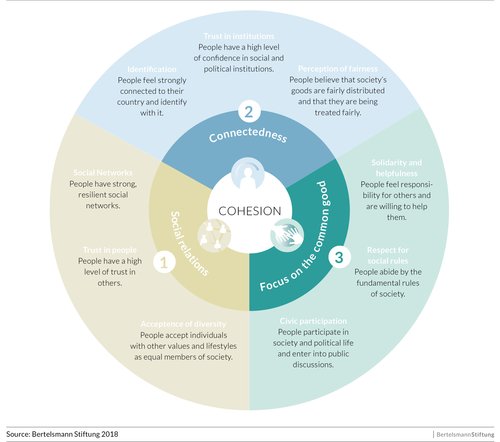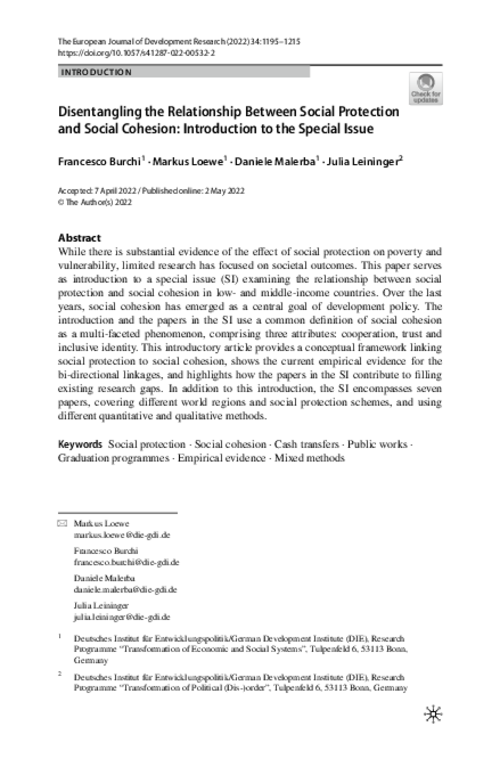Education and social cohesion: Recentering the debate
Key facts
Shared values
Summary
Social capital theory has tended to treat social cohesion as a mere aggregation of individual and community-level characteristics, ignoring the long tradition of theory on social solidarity and social cohesion at the societal level. However, the key indicators of social capital-associational membership and social trust-do not covary cross-nationally, and societies rich in community-level social capital are not always cohesive societies. Social capital and societal cohesion are not necessarily the same thing, and education may have different effects on each. This article seeks to put the analysis of education and societal cohesion back in the center of the picture. We do this first through a critical review of some of the existing literature on education and social capital, which points to the limitations of individual-level analysis of what are fundamentally societal issues. Second, we outline some alternative models for understanding how education influences social cohesion in different societies, drawing on an analysis of some of the aggregated cross-national data on skills, income distribution, and various indicators of social cohesion. The argument suggests some causal mechanisms for the social impacts of education that are quite different from those that normally underpin arguments about human and social capital.



